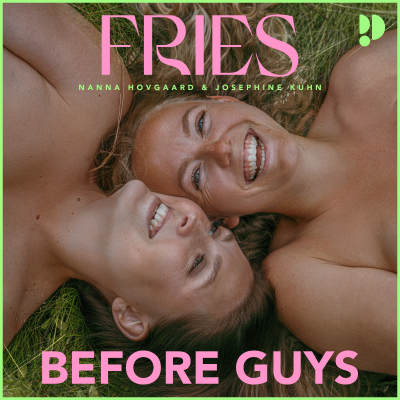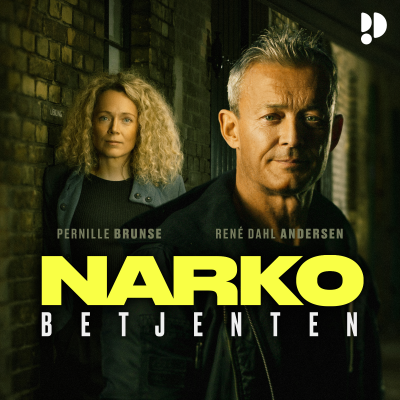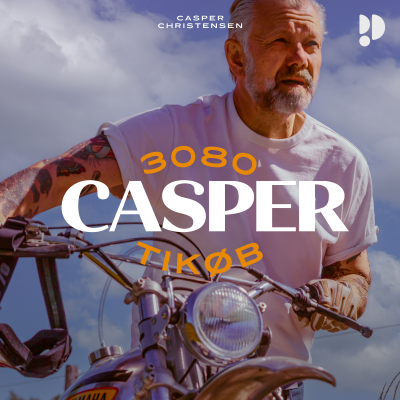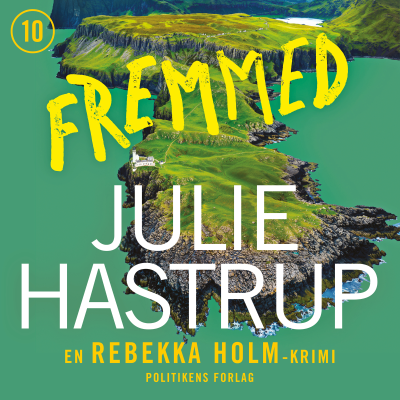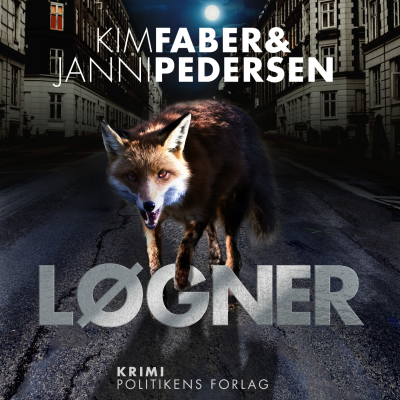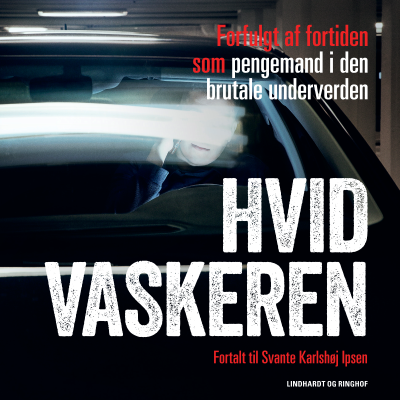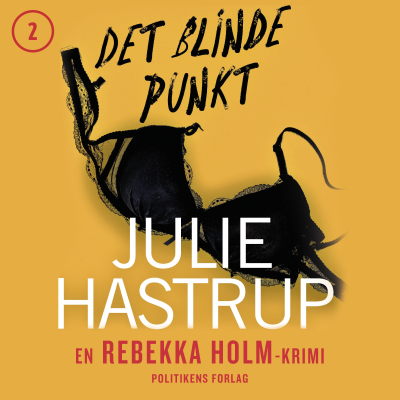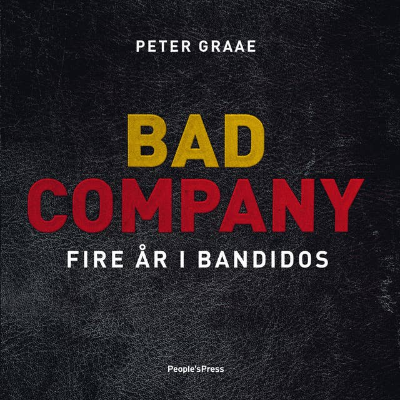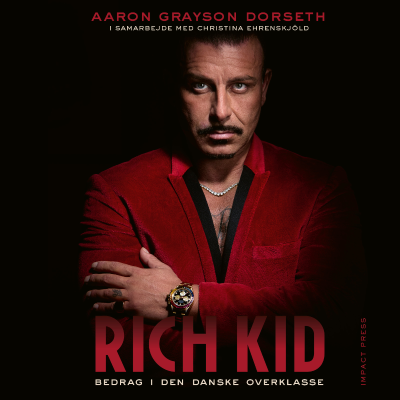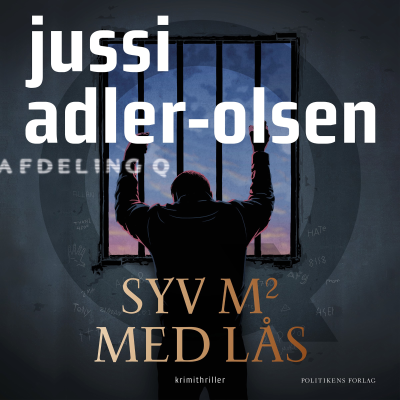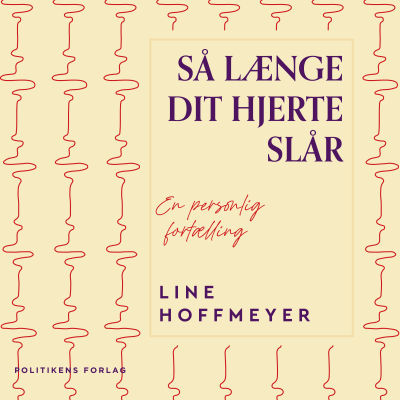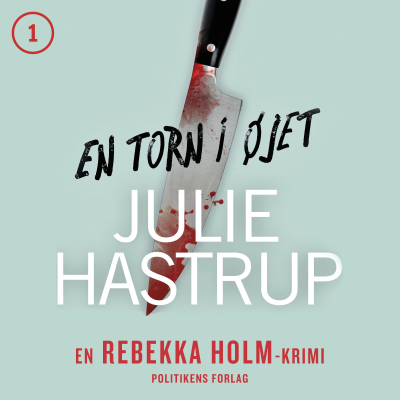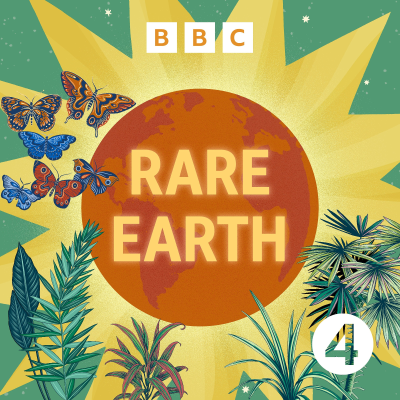
Start 7 days free trial
After trial, only 79,00 kr. / month.Cancel anytime.
All episodes
25 episodesIt's been a hard year for the Amazon rainforest. The toughest drought on record has helped spread fires that have been the worst in two decades. That combination has hit the local people. “If these fires continue, we indigenous people will die,” says Raimundinha Rodrigues Da Sousa who runs the voluntary fire service for the Caititu indigenous community in the Brazilian Amazon. Her land is supposed to be protected but outsiders come in and set fires so that they can clear the land for agriculture. For Rare Earth, Tom Heap and Helen Czerski take a look at the state of the Amazon rainforest, analyse its role in the global climate and consider the political battle over its future. They're joined by BBC South America correspondent, Ione Wells and by Angela Maldonado who has worked for 25 years in the Amazon, protecting night monkeys that are stolen and traded for medical research. Based on the Colombia-Peru-Brazil border, Angela has a unique perspective on the long-running war between development and conservation in the region. Patricia Medici explains her work to conserve the extraordinary tapir, South America's largest land mammal and Niki Mardas reveals the latest results from Global Canopy's Forest 500 campaign which examines the involvement of 500 major companies in the supply chains which hasten the destruction of the Amazon rainforest. Producer: Alasdair Cross Assistant Producer: Ellie Richold Rare Earth is produced in association with the Open University
Some of the wealthiest tech entrepreneurs share a vision of life beyond the horizon. They see a future for humankind that abandons our tired, dirty planet and creates new colonies of health and creativity on the Moon, on Mars or even further into deep space. Is this a wise precaution for all our futures or an insurance policy for the super-wealthy as they continue to trash our home planet? Tom Heap and Helen Czerski are joined by British astronaut, Tim Peake to consider the big moral questions of space colonisation and the practical problems of devising ways to make the best of the extraordinary possibilities of space without increasing the pressure on Earth’s resources. If we do colonise another planet how do we avoid making the same mistakes again? How do we grow food and find or produce freshwater? How can we travel to, from and around these planets without burning more fossil fuels? Could the answers help us all live a better life right here, right now? Joining Helen, Tom and Tim in studio are Eloise Marais, who leads the Atmospheric Composition and Air Quality research group at University College London and co-chair of the Environmental Task Force at Space Scotland, Andrew Fournet, and Tom pays a visit to a company in Bletchley who are developing nuclear fusion propulsion. Producer: Alasdair Cross Assistant Producer: Toby Field Produced in association with the Open University
Our love affair with plastic has grown beyond all expectations since we were first introduced to the substance in the mid 20th century, and the rate at which we're using it shows no sign of slowing. But the tidal wave of plastic pollution we've unleashed is causing serious environmental problems. In this programme, Helen Czerski and Tom Heap hear how some of our plastic waste is burnt in incinerators or sent overseas, causing pollution far from our shores. In their search for solutions, they visit the Plastic Waste Innovation Hub at University College London, where Professor Mark Miodownik shows them how science is trying to keep up with the proliferation of plastic pollution. Back in the studio, they're joined by Professor Steve Fletcher from the University of Portsmouth, Sally Beken from Innovate UK, and environmental journalist Leana Hosea from Watershed Investigations, to talk about how we got here and how we can change our relationship with plastic. In the 2000s the amount of plastic waste generated rose more in a single decade than it had in the previous forty years. It's in everything - from our clothes, cars and cosmetics, to the 2.5 billion disposable drinks cups now discarded every year in the UK. It seems we can't live without it. So Helen and Tom ask: who's in charge now - us or plastic? Producer: Emma Campbell Produced in association with the Open University
Nothing beats the sight of a top predator as it hunts. In the British Isles that means looking up. Our birds of prey are bouncing back after decades of shooting, poisoning and habitat loss. Buzzard numbers are up by 80% since 1995 and Red Kite by 2000%. Peregrine Falcon are thriving in London and Marsh Harriers have returned to our wetlands. Helen gets up close to Black Kites and an Eagle Owl at the Owl and Raptor Centre in Kent and travel writer Antonia Bolingbroke-Kent describes the extraordinary migration of tens of thousands of birds of prey through the Batumi Gap on the border of Georgia and Turkey. The RSPB's Mark Thomas and Robert Benson of the Moorland Association discuss the threat that birds of prey still face on some of Britain's shooting estates and Jennifer Ackerman, author of 'What An Owl Knows' joins Tom and Helen to explore the science behind the night-hunting skills of so many owls. Producer: Alasdair Cross Assistant Producer: Toby Field Rare Earth is produced in association with the Open University
How can we build new green infrastructure without wrecking the countryside? Helen Czerski and Tom Heap debate the issue with a panel of experts, and ask what the measures outlined in last week's budget will mean for planning decisions and the environment. On the panel this week: Emma Pinchbeck, new CEO of the Climate Change Committee; Roger Mortlock, chief executive of the CPRE - the Countryside Charity; and Professor Matthew Kelly, modern historian from Northumbria University. Producer: Emma Campbell
Available everywhere
Listen to Podimo on your phone, tablet, computer or car!
A universe of audio entertainment
Thousands of audiobooks and exclusive podcasts
No ads
Don't waste time listening to ad breaks when listening to Podimo's content.
Start 7 days free trial
After trial, only 79,00 kr. / month.Cancel anytime.
Exclusive podcasts
Ad free
Non-Podimo podcasts
Audiobooks
20 hours / month

